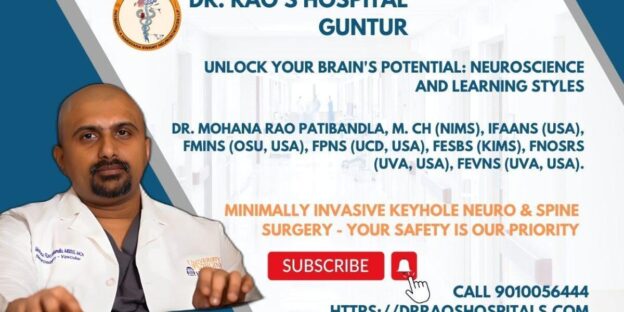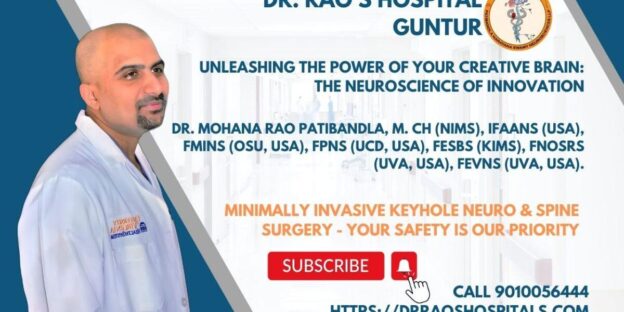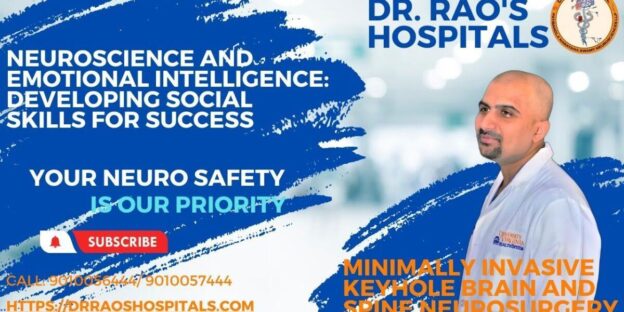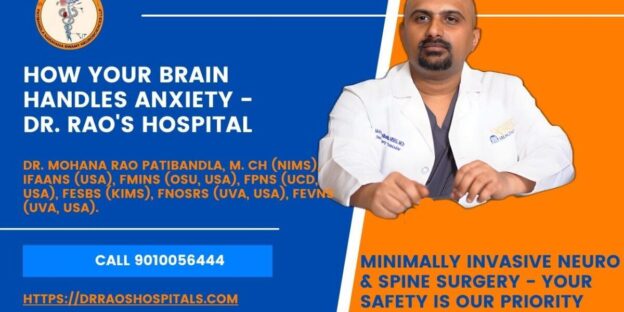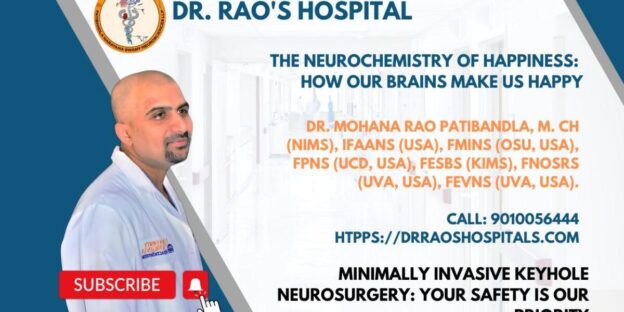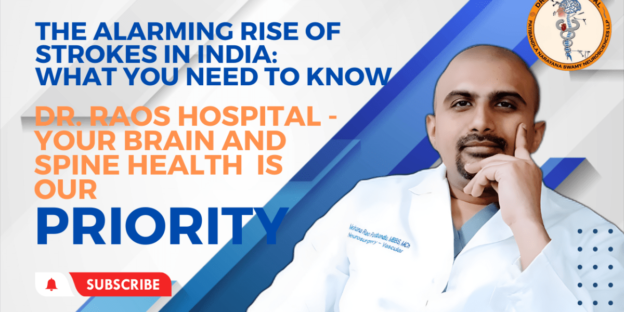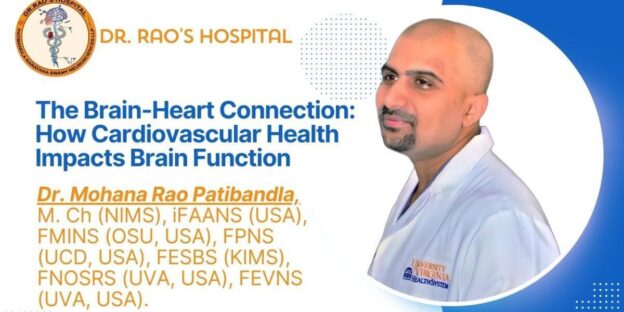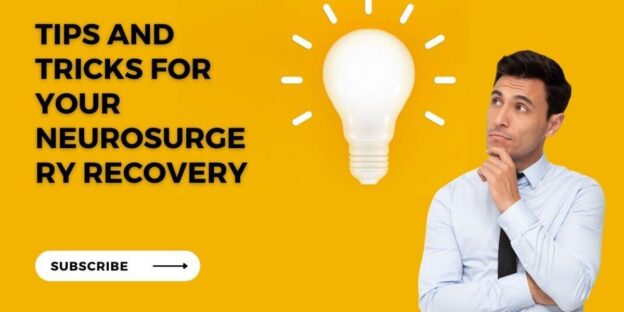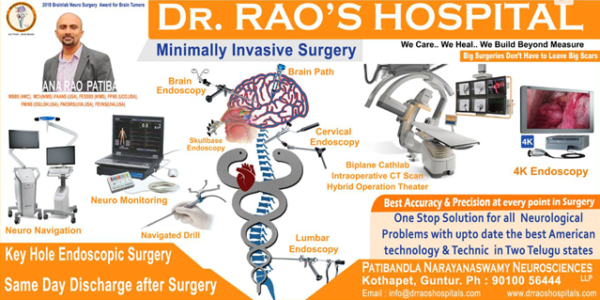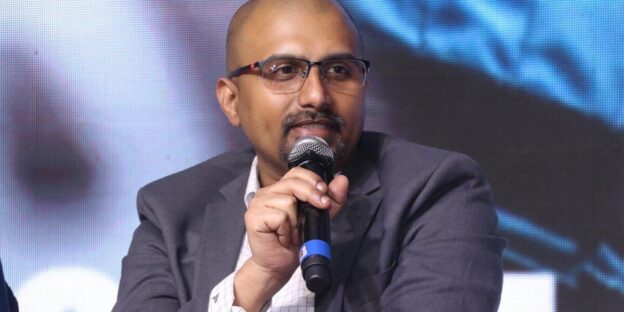Neuroscience and Learning Styles: Discover Your Brain’s Pathway to Knowledge
Neuroscience and Learning Styles: Discover Your Brain’s Pathway to Knowledge
Summary: Dive into the world of neuroscience and learning styles to uncover how your brain processes information. Discover the three primary learning styles and gain practical strategies to optimize your learning experience. Dr. Rao, the best neurosurgeon in India at Dr. Rao’s Hospital, emphasizes the significance of personalized learning and shares insights on how neuroscience can enhance education. Unlock your brain’s potential and embark on a remarkable journey of knowledge and growth.
Introduction
This exciting blog explores the fascinating connection between neuroscience and learning styles. Have you ever wondered why some people learn better through visual aids while others prefer hands-on experiences? The answer lies in understanding how our unique brains process information. Join us on this enlightening journey as we uncover the secrets of neuroscience and discover how to unlock your brain’s optimal pathway to knowledge. Dr. Rao, the best neurosurgeon in India at Dr. Rao’s Hospital, recognizes the importance of understanding individual learning styles in education. Let’s dive in!
Understanding Learning Styles
Everyone has a unique way of absorbing and retaining information. Some individuals excel in visual learning, while others thrive in auditory or kinesthetic learning. Neuroscience helps us understand why these differences exist and how to leverage them to enhance our learning experiences. Discover the three primary learning styles and understand their corresponding brain processes.
Visual Learning
If you are a visual learner, you learn best through images, diagrams, and visual aids. Learn how your brain processes visual information and explore practical tips to optimize your learning style.
Auditory Learning
For auditory learners, sound and verbal communication are essential to effective learning. Uncover the science behind auditory processing and discover strategies to enhance your auditory learning experience.
Kinesthetic Learning
If you are a kinesthetic learner, you prefer a hands-on approach to learning. Explore the neurological basis of kinesthetic learning and find ways to engage your body and senses to enhance knowledge retention.
Applying Neuroscience to Learning
Neuroscience offers valuable insights into adapting our learning methods to match our brain’s preferences. Discover practical strategies for each learning style, including personalized study techniques, effective note-taking methods, and memory enhancement tips. Empower yourself with the knowledge of how your brain learns best!
Dr. Rao’s Approach to Education
Dr. Rao, the best neurosurgeon in India at Dr. Rao’s Hospital, understands the significance of individualized education. He recognizes the importance of incorporating neuroscience principles into educational practices to optimize learning outcomes. Dr. Rao’s commitment to personalized care extends beyond the operating room and into education.
Unlock Your Brain’s Potential
Are you ready to unlock your brain’s potential? Gain a deeper understanding of your unique learning style and apply neuroscience-backed strategies to enhance your knowledge acquisition. Discover a whole new world of effective learning and expand your intellectual horizons.
Contact Dr. Rao’s Hospital
For expert guidance and personalized care, contact Dr. Rao, the best neurosurgeon in India, at Dr. Rao’s Hospital. Whether you have questions about neuroscience, learning styles, or neurological concerns, Dr. Rao and his team are here to assist you. Contact us at 9010056444 or visit our website at drraoshospitals.
Conclusion
Neuroscience and learning styles go hand in hand, offering valuable insights into how our brains process and retain information. By understanding our unique learning preferences, we can tailor our educational experiences to maximize knowledge acquisition. Dr. Rao, the best neurosurgeon in India, recognizes the importance of neuroscience in education and is dedicated to empowering individuals through personalized care. Embrace your learning style, tap into your brain’s potential, and embark on a remarkable journey of knowledge and growth. In a recent deccanherald
Tags: neuroscience, learning styles, brain, education, optimal learning, visual learning, auditory learning, kinesthetic learning, personalized learning, Dr. Rao, the best neurosurgeon in India, Dr. Rao’s Hospital

